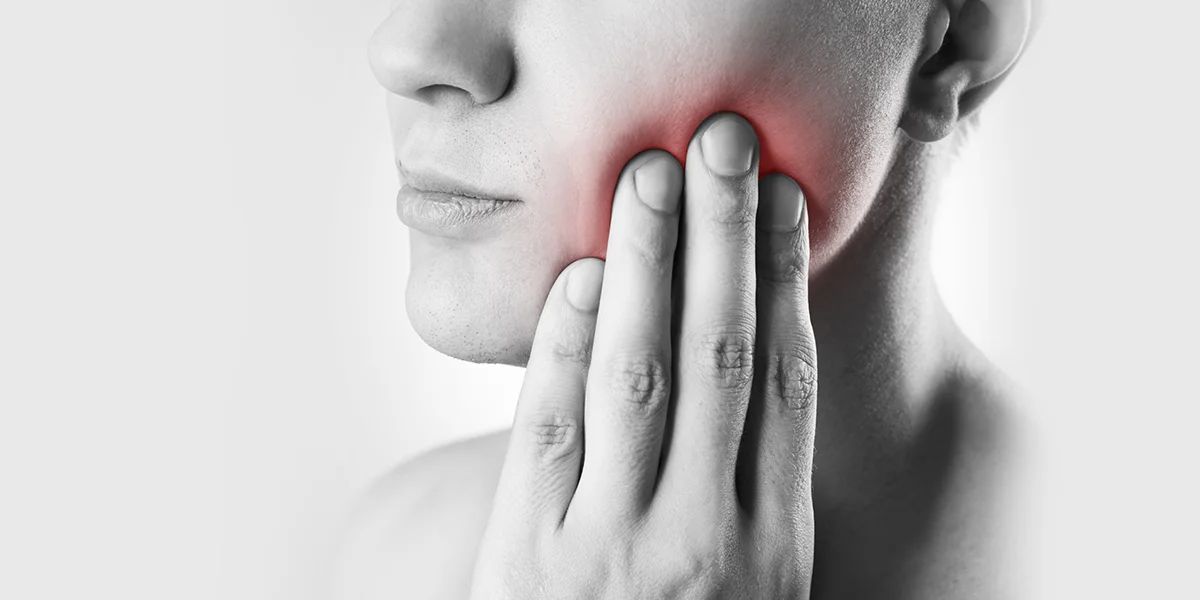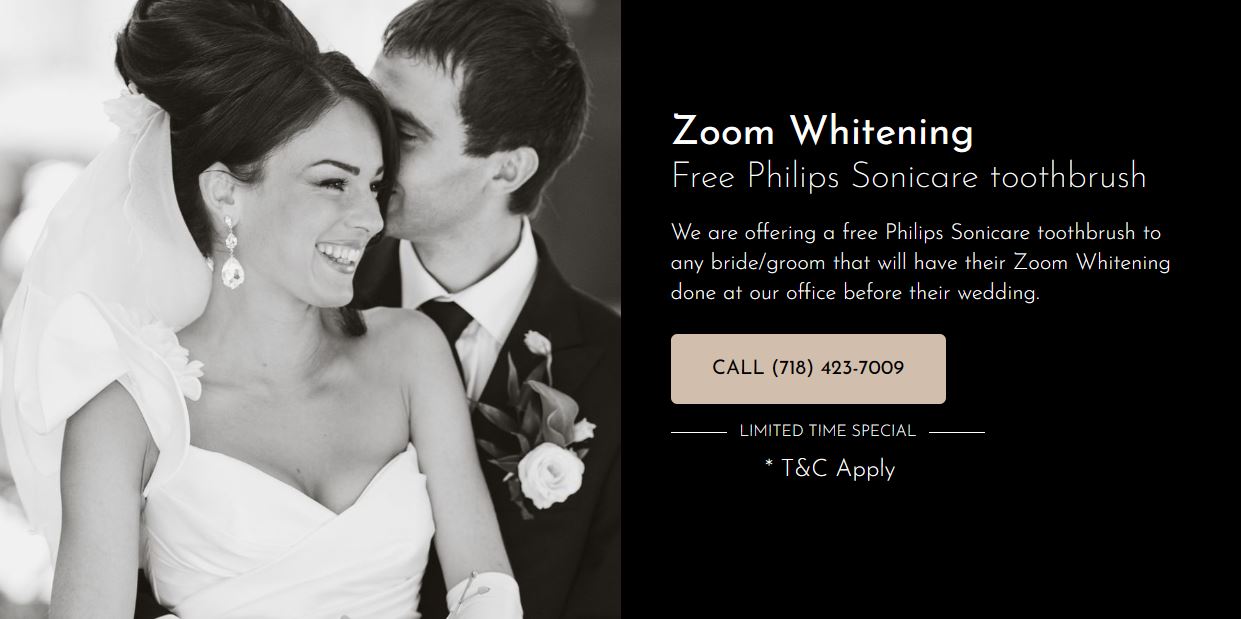
Understanding TMJ/TMD Disorder: A Brief Overview
TMJ/TMD disorder is a condition that affects the temporomandibular joint (TMJ), which connects the lower jaw to the skull. There are many potential causes of TMJ/TMD, and it is often difficult to determine the exact cause of the disorder. However, several risk factors have been identified that may contribute to the development of TMJ/TMD. These include:
- Trauma to the jaw or face: This can occur due to a direct blow to the jaw or as a result of surgery or other medical procedures.
- Clenching or grinding your teeth (bruxism): This can put pressure and stress on the muscles and joints of the jaw, leading to pain and dysfunction.
- Arthritis: This degenerative joint disease can affect any joint in the body. This can lead to pain, stiffness, and limited movement.
- Stress: This can be a major factor in many chronic pain conditions and can contribute to TMJ/TMD pain by causing muscle tension and triggering bruxism.
Several different symptoms can be associated with TMJ/TMD disorder. These can include:
- Pain in the jaw, face, neck, or shoulders
- Headaches
- Dizziness
- Ringing in the ears
- Difficulty chewing or swallowing
- Clicking or popping sounds
- Jaw locking or catching
It is crucial to see a dentist near you so that they can properly diagnose and treat the condition.
Key Things to Avoid with TMJ/TMD Disorder: Managing Symptoms Effectively
There are a few things to avoid if you have TMJ/TMD disorder, as they can exacerbate the condition.
- Chewing gum: Chewing gum can strain the muscles and joints in your jaw, worsening TMJ/TMD symptoms.
- Eating hard foods: Foods that are hard to chew can also aggravate TMJ/TMD symptoms. Avoid crunchy or chewy foods and opt for softer options instead.
- Clenching or grinding your teeth: This can strain the muscles and joints in your jaw, leading to pain and other symptoms.
- Stress: Stress is a common trigger for TMJ/TMD flare-ups, so managing stress levels is important if you have this condition.
Treatment Options for TMJ/TMD Disorder: Finding the Right Solution
There are many different treatment options for TMJ/TMD disorder, and the best TMJ therapy in Bayside, NY, will vary from person to person, depending on the severity of the disorder. In some cases, simple home remedies such as ice packs or heat therapy may be enough to provide relief from symptoms. Other treatments include:
- Mouthguards or splints: These devices can be restorative and help position the jaw properly and reduce stress on the TMJ joint.
- Medications: Anti-inflammatory drugs, muscle relaxants, and painkillers can all be used to help manage TMJ symptoms.
- Injections: Steroid injections into the TMJ joint can help to reduce inflammation and pain. Botox and other cosmetic dentistry in Bayside, NY, may help alleviate jaw pain.
- Surgery: In severe cases of TMJ disorder, jaw surgery may be necessary to repair or replace the damaged joint.
Alternatives to Traditional Treatments: Exploring Other Approaches
For those suffering from temporomandibular joint (TMJ) disorder, traditional treatments such as medications and surgery may not always be the best option. Fortunately, there are alternatives to these treatments that can provide relief from TMJ pain and discomfort.Acupuncture, massage therapy, and chiropractic care are all viable options for managing TMJ symptoms.
Acupuncture stimulates specific points on the body with needles to relieve pain and improve overall health. Massage therapy manipulates the body’s soft tissues to reduce tension and promote relaxation. Finally, chiropractic care is a manual therapy that treats musculoskeletal disorders by realigning joints to restore normal function.
Through chiropractic care, experts can diagnose and treat issues related to the musculoskeletal system. Various techniques, such as spine adjustments and joint manipulations, relieve pain and improve overall body functioning.
Summarizing Key Points for Better Management
Understanding some things to avoid if you have TMJ/TMD disorder is vital. While it can be difficult to make lifestyle changes, individuals with TMJ/TMD disorder need to know what activities and habits may aggravate the condition and cause further discomfort. By avoiding these triggers, people with TMJ/TMD disorder are taking steps toward improving their quality of life, which is an incredibly positive step in the right direction. Visit Bayside Family Dentistry for more information about TMJ/TMD disorder.






